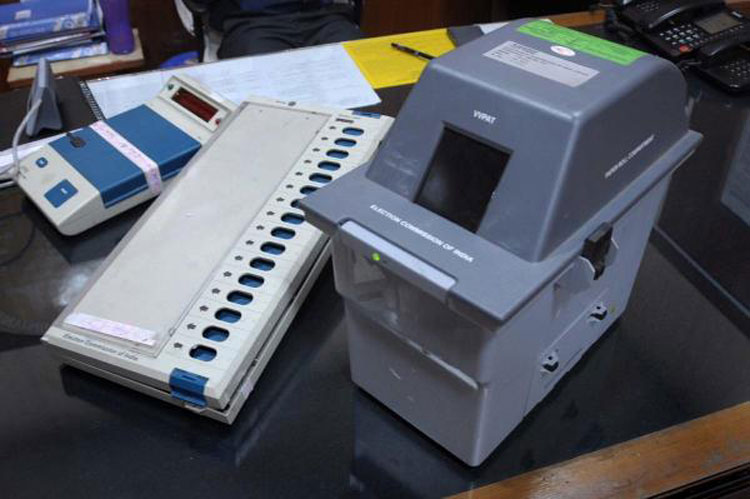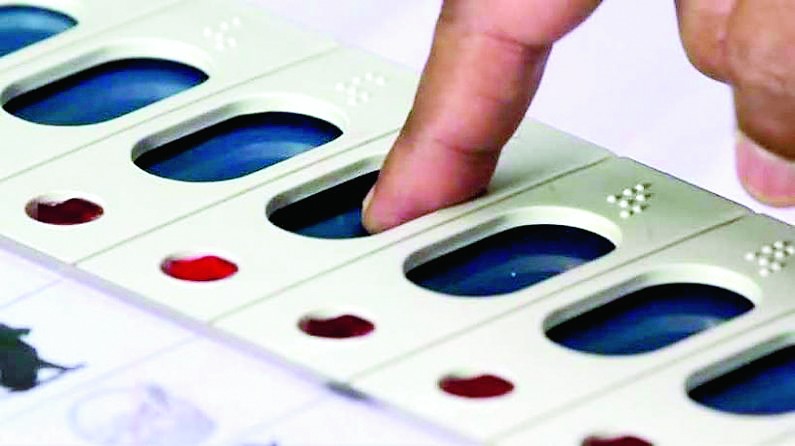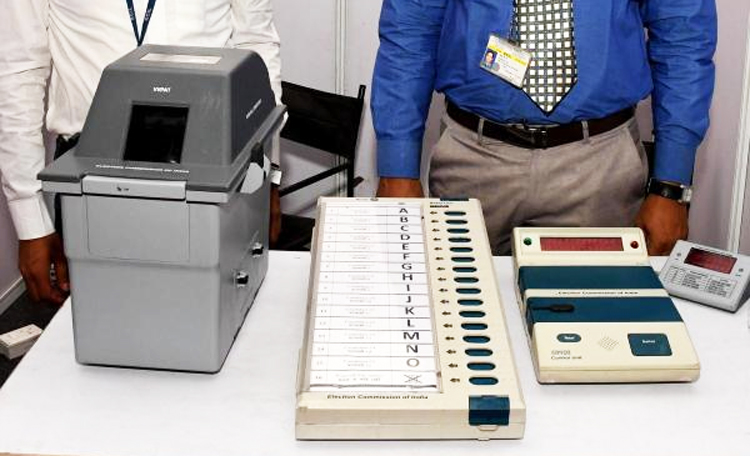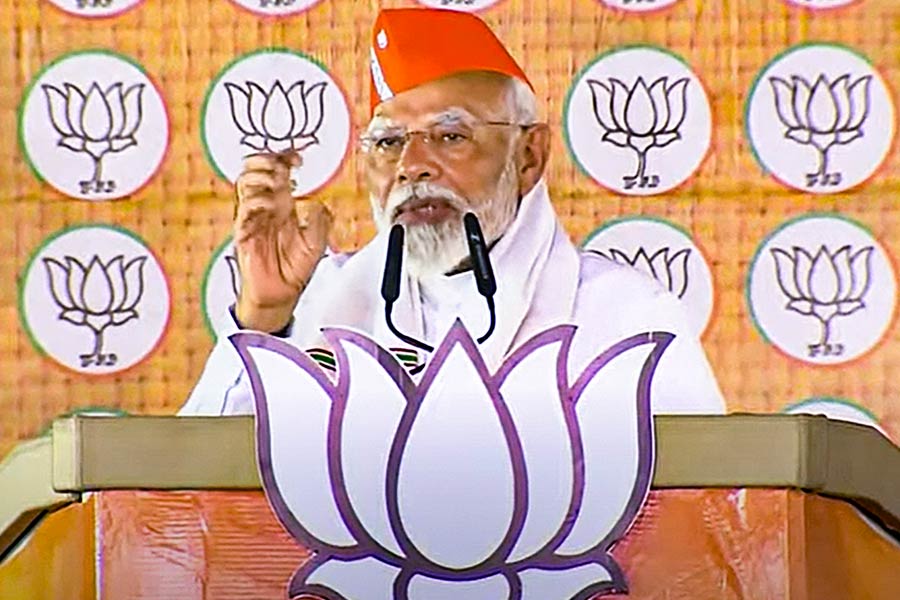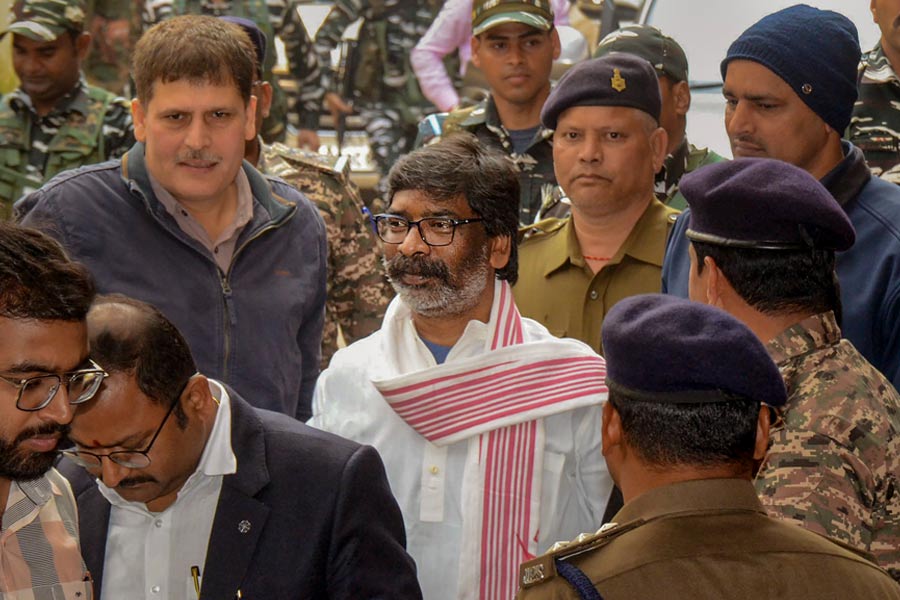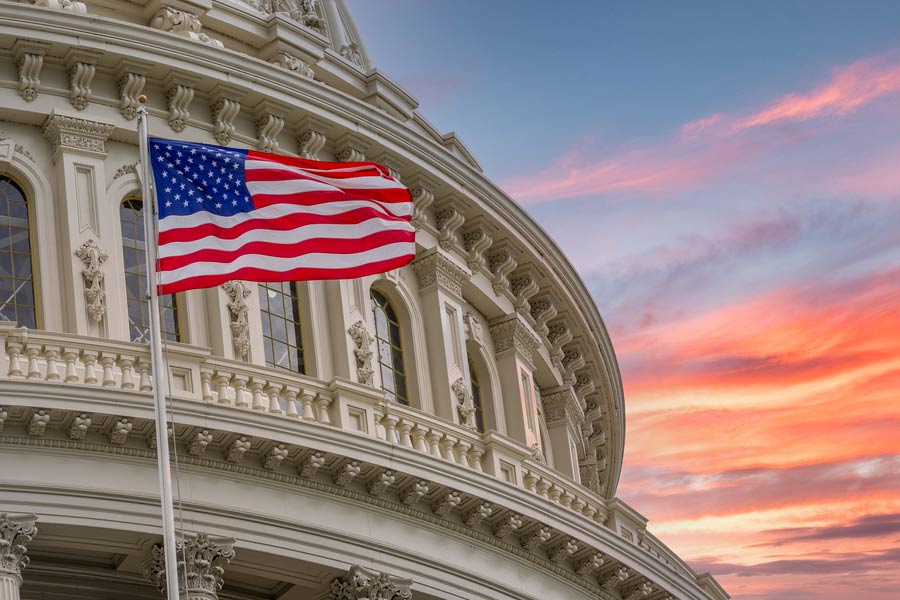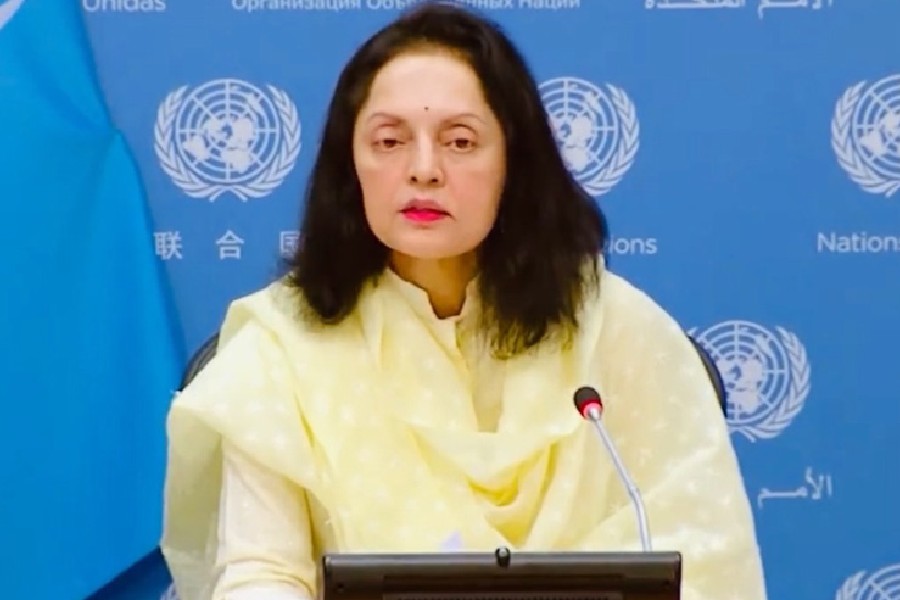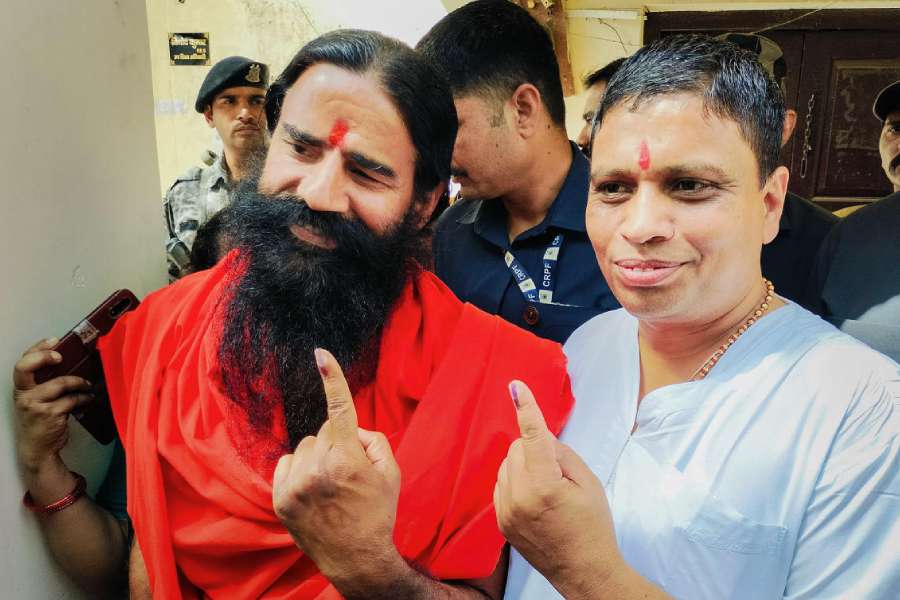The Supreme Court on Monday directed the Election Commission to explain how it could be so confident that the existing practice of tallying the votes reflected in an EVM with a paper audit trail at only one booth per Assembly constituency was adequate.
The bench of Chief Justice Ranjan Gogoi and Justice Hemant Gupta asked the election panel to file an affidavit by Thursday indicating “the basis” of such an assertion, while saying that no institution, including the judiciary, could “insulate” itself from suggestions.
The directive came on a petition filed by 21 Opposition leaders, led by Andhra Pradesh chief minister N. Chandrababu Naidu, who have called for at least 50 per cent of the voter-verifiable paper audit trail (VVPAT) to be counted as a measure of authentication.
The poll panel now permits only one VVPAT device per Assembly segment to be tallied with the result reflected on electronic voting machines.
Justice Gogoi told commission deputy secretary Sudip Jain, who was present in court, that it was only after the court’s 2013 directive on a plea filed by former law minister Subramanian Swamy that the poll panel had introduced the VVPAT system.
“Don’t take everything as aspersions. It is only a question of satisfaction. Question is two is always better than one…. No institution shall insulate itself, including the judiciary, from suggestions,” Justice Gogoi told Jain.
Jain had contended that to ensure the “purity of the election process”, it was not necessary to extend the existing arrangement for tallying the EVM and VVPAT results.
“It is not required. It is more than enough,” the official had said.
Asked how he could be so confident, Jain said: “We take expert opinion.”
Jain also claimed the existing system had been successfully tested in 1,500 constituencies till date and there had been no instance of any mismatch between the paper trail and the actual votes cast.
“If you were so confident, why did you need court orders for bringing in the VVPATs?” Justice Gogoi remarked. “Do you know how much opposition was faced by the court…? Yet we did it.”
The bench then proceeded to direct Jain to file the affidavit by March 28. It asked the poll panel to explain the difficulties if the paper trail coverage is extended and the time it would need to introduce more VVPAT machines.
“The Election Commission is of the view that to maintain purity it is not necessary to extend the present arrangements of each Assembly constituency. The EC is fully satisfied purity can be maintained. The EC shall indicate the basis of its satisfaction. Difficulties, if the sample survey (VVPATs) is to be extended, and time to meet the requirements shall be explained,” the court said.
The bench directed the commission to file the affidavit by 4pm on Thursday so that the matter could be taken up on Friday.
Earlier, on March 15, the court had sought the commission’s assistance on the joint petition filed by the Opposition leaders ahead of the upcoming April-May parliamentary elections.
The petition, also signed by Delhi chief minister Arvind Kejriwal, National Conference leader Farooq Abdullah, NCP boss Sharad Pawar, Trinamul MP Derek O’Brien and Samajwadi Party chief Akhilesh Yadav, among others, had challenged a notification issued last year that led to the adoption of the VVPAT system at randomly selected booths.
“The fraction of polling stations chosen for such random cross-verification has been inexplicably minuscule (less than 1 per cent of polling stations in each constituency), which is manifestly arbitrary, irrational, unreasonable and in violation of Article 14 (right to equality) of the Constitution. It is a settled principle that elections not only need to be free and fair but also seen to be free and fair,” the petition said.
The petition, which cited a number of earlier judgments, recalled that the top court itself had ruled that VVPAT machines were indispensable for free and fair elections, thus making them intrinsic to the basic system.

